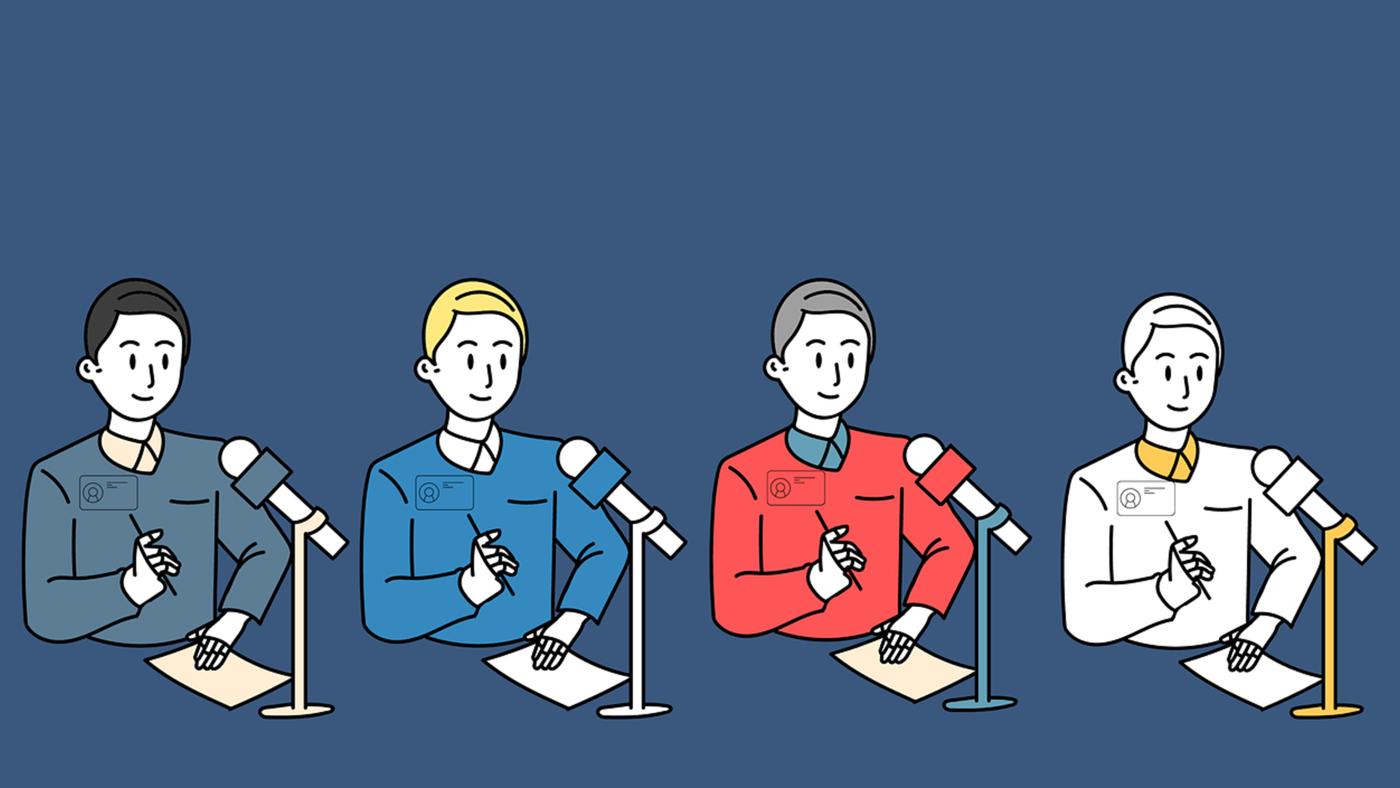Freedom of the press in university newspapers
Editorial teams gain more independence after censorship incidents

Almost two years ago, higher education was confronted with two censorship episodes, one in Delft and the other in Eindhoven, which led to much commotion and debate in the House of Representatives. The then Minister of Education, Robbert Dijkgraaf, spoke out in favour of independent journalism at universities and universities of applied sciences. Since then, several educational news outlets have been working on a new editorial charter stating that they are journalistically independent from the educational institution that pays them.
Lifeline
Two weeks ago, Erasmus Magazine, the publication of Erasmus University in Rotterdam, came up with a new charter. Not because there was any censorship going on there, but because they want to prevent it.
Such a charter is ‘something you hope you will never need, but it has to be there,’ writes editor-in-chief Wieneke Gunneweg. She compares the charter to a lifebuoy: once you are in the water, it is too late to make one.
The charter strengthens the editorial team's independence by explicitly stating that the university will respect the “journalists' free and independent professional practice”.
Liability
At Delta, the magazine of TU Delft, there was more going on. Last year, the editorial team had to remove an article about the culture of fear that prevailed under a former director because of pressure from the university's lawyers. The editor-in-chief would be held personally liable for any damage if she left the article online.
Now, the executive board of that university has approved a new charter for Delta. It states that the executive board will “protect” its independence. “That sounds a lot more active than the conditional word "to entrust" used in the previous charter,' Bonger writes in an editorial comment.
Dismissals
At the beginning of this academic year, Cursor, the news site at Eindhoven University of Technology, also got new statutes. The old version stated that the editorial board had to take the interests of the university into account, but this has now been removed.
At Cursor, the editorial board advised against publishing an article on conflicts of interest. The editor-in-chief was ultimately dismissed, and the editorial board decided to black out the website to denounce the mounting pressure exerted by the executive board not to publish certain articles.
More editorial boards are currently in the process of updating their statutes. Profielen also announced last year that it was working on new statutes after the editorial board was forced to move to the marketing and communications department of the Rotterdam University of Applied Sciences.
A piece of paper stating that you are independent only protects you if everyone is willing to abide by it. Editor-in-chief Saskia Bonger, from Delta, writes about the new statutes: ‘The greatest value is the awareness of why Delta exists, how the editorial team works, how journalism works, and how the university should give it room.’